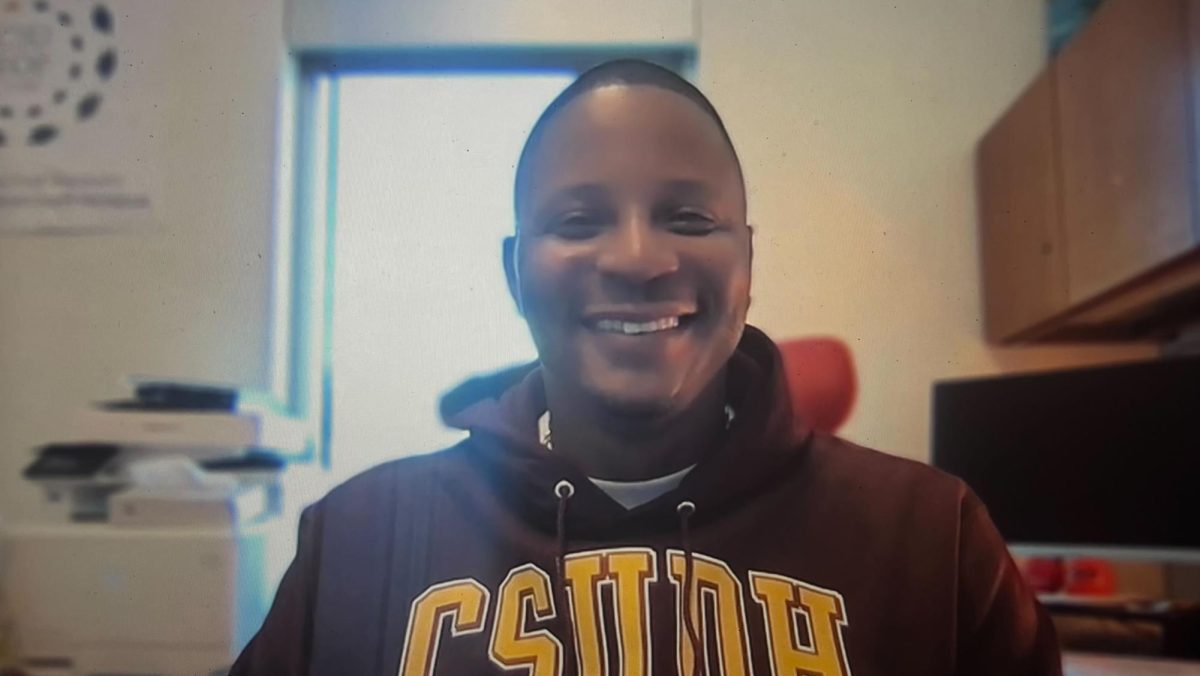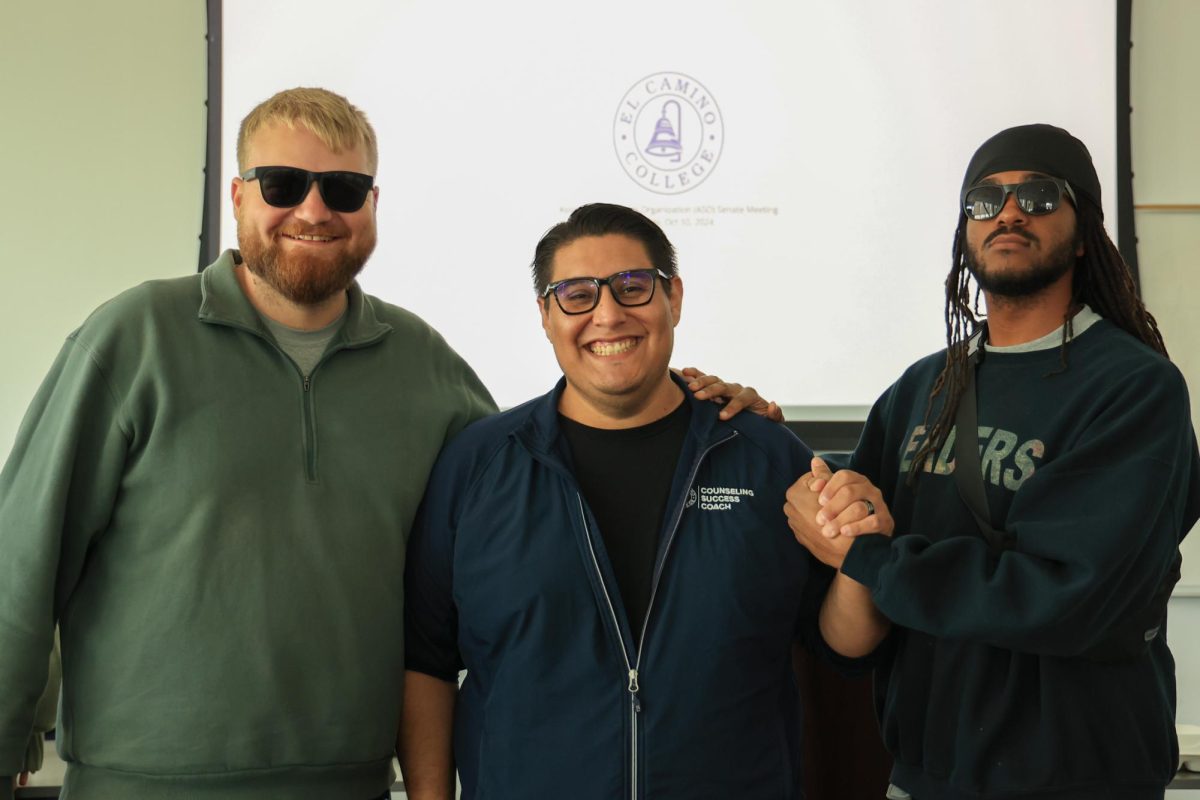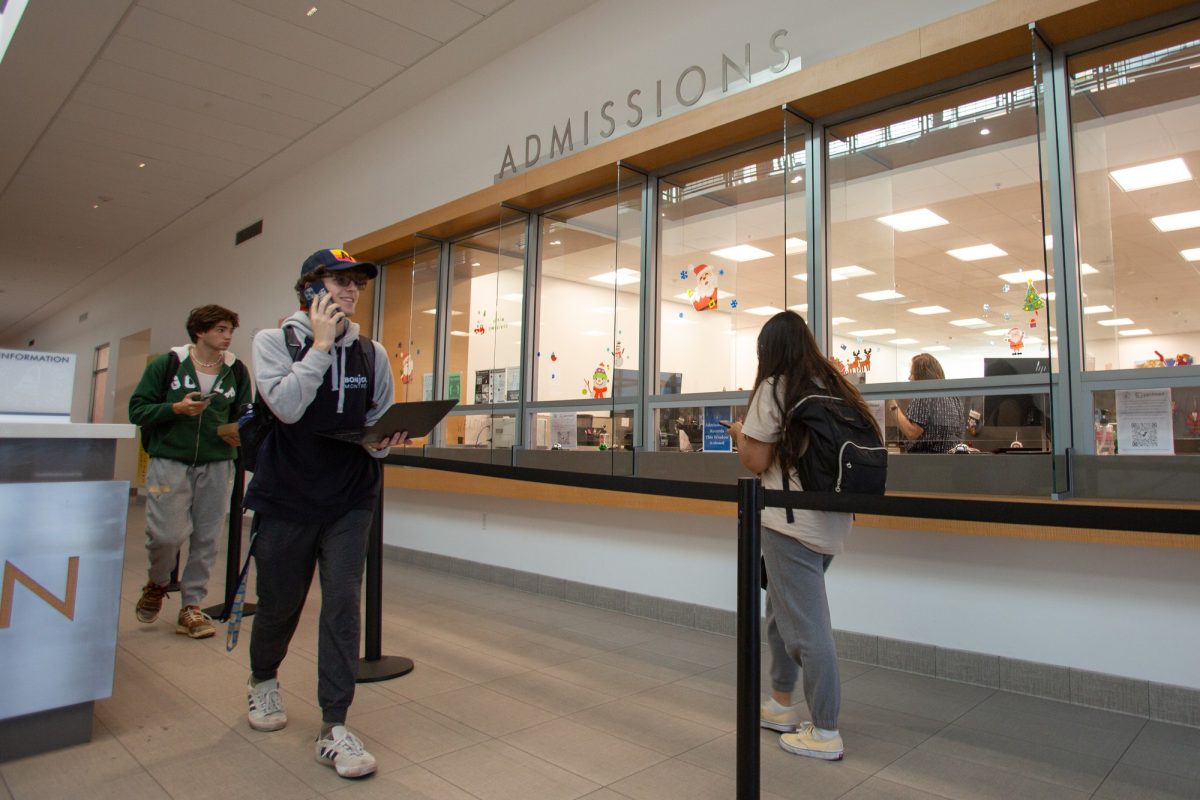The Puente Program, which helps students develop language skills and transfers to four-year universities, is on a one-year hiatus, Rachel Ketai, co-coordinator of the program said.
“(Puente) didn’t have consistent leadership and we didn’t have a consistent team so we needed to get that team back in place,” Ketai said. “We just didn’t have enough time before the semester started in the way that we thought would be beneficial for students.”
Ken Brown, vice president of the board of trustees, said the board has agreed to suspend the program’s activities this year.
The one-year hiatus was promised to only last that long and Ketai hopes the administration sticks to their word.
“It is safe to say that the program is in jeopardy. Those who care about this program were promised a one-year hiatus,” Ketai said. “We’ve been told that administrators want to reassess for those who want to keep the program on campus.”
Puente was founded in 1981 and extends to other colleges and high schools, according to their brochure. “Between 1999 and 2003, Puente transfers to four-year institutions grew by 67%. In 2003, transfers to UCs increased 55% from the previous year (73 to 116),” according to the same document.
Margaret Quinones-Perez, co-coordinator of the program, said this year, there isn’t an English instructor with the specialized training to work with the group, a factor that came in to play in August when the program received a suggestion from the state Puente office to take a “planning year.”
Brown said the concern of the board is not just how new students will make the transition, but also how continuing students will move forward.
Still, the key to the program’s success can be attributed to its dual component approach, Rene Lozano, mentor at Puente for 14 years, said.
“It’s a learning community where students take the same classes as a group and the emphasis for Puente is helping develop the writing skills to get to the university level, but it also has a cultural component where they get to see themselves in the education,” Lozano said.
Lozano added EC loses a lot with the one-year hiatus.
“They’re gonna have the academic component that’s gonna be there to some degree, but the rest of the stuff that’s just as important in my opinion might not be there because of the hiatus,” Lozano said.
Puente was more than a program, it was a family-oriented community, former member Fiorella Messarina, 19, nursing major, said.
“They help you meet other people and you interact with them so you’re not alone your first year in college,” Messarina said. “There are also counselors that help you choose what classes to take so it was like a familia.”
The social events that Puente did were important in building the trust and relationship experienced by the members of the program, Messarina added.
“Noche de Consejos (is) when we brought everyone together. Boys in one room, girls in the other, and we’d talk about anything,” Messarina said. (We’d talk) about life, family, school or just how our day was going. I think that helped because everyone was so to themselves, but then we let everything out. We got a little bit closer.”
Advice Brown would give to continuing students is to stay in contact with counselors and with each other and speaking out about any of the programs they’re involved in at EC.
“I know the board is interested in hearing students’ experience,” Brown said.
First Year Experience (FYE) has been recommended as a temporary alternative to Puente, but students such as former member Ricardo Abreu, 24, sociology major, compares the Puente hiatus to losing an essential part of the EC education experience.
“I was in the Marine Corps and I feel like I’m in the front lines with a rifle but without bullets so I’m trying to look for the bullets to load up my rifle,” Abreu said. “Same thing here without that (Puente) counselor I still have the resources but now I got to go and look for them and which resource is the best one for me to go to and that’s what (students) lose.”
Ketai sees the hiatus as more than a missed opportunity for students these next two semesters.
“It’s very hard to try to explain that sometimes the college fails the student and that’s not what I want as an instructor and somebody who loves Puente,” Ketai said.
Brown said it’s not a problem that just occurred, but was one that was taking place at the end of the spring semester.
“Where we are right now, I don’t think we have a choice. It kind of forces our hand,” Brown said. “It was my hope we try to mitigate the situation. I hope it is a lesson learned.”









